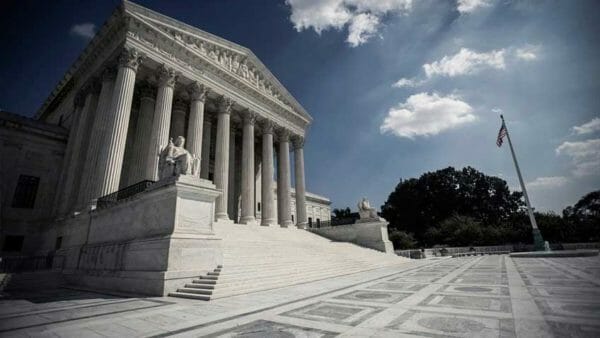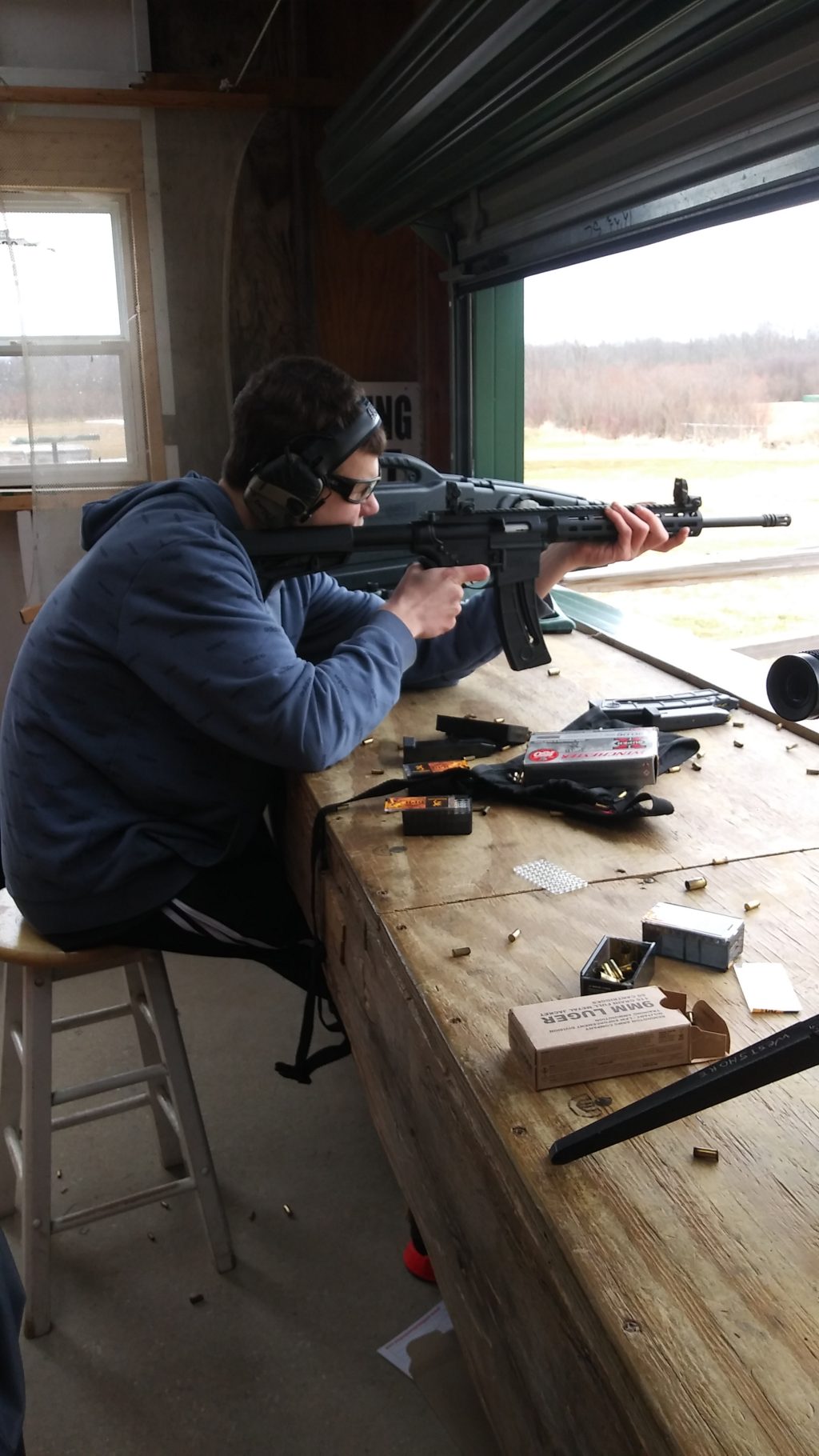2A Supreme Court Decisions Coming Soon (Rahimi, Cargill, Vullo)

In the October 2023 term, the Supreme Court heard three significant cases involving the Second Amendment. Only one of these cases, Rahimi, was directly about the Second Amendment.
Supreme Court terms begin with the first week in October. Court sessions usually end by the last week of June, occasionally extending into the first week of July. Cases decided by the court are published during the term before the Court recesses near the end of June. During the recess from the end of June to October, the court is busy studying cases that have been argued and working on their opinions.
We should see the opinions of the Supreme Court in the Rahimi, Cargill, and Vullo cases before the end of the first week of July 2024.
The Rahimi case is conceptually relatively simple: Can a judge, without significant due process, remove an individual’s ability to exercise the fundamental rights protected by the Second Amendment through the mechanism of a mere restraining order?
There is nothing in the legal history of the United States to justify such an action. However, the media framed the case completely differently. According to the media/deep state complex, the case is about whether the government has the power to protect women by preventing domestic abusers from being armed with firearms. Media headlines have repeatedly misled the public about the issues in the Rahimi case. The Biden administration rushed the Rahimi case to the head of the line at the Supreme Court because Rahimi is not a sympathetic defendant.
Oral arguments on Rahimi were heard on November 7, 2023. Important points about the case are: Rahimi has never been convicted of domestic violence. The Lautenberg amendment did not reduce domestic violence homicides. The Rahimi case was summed up in an AmmoLand News article showing the Biden administration’s arguments.
Commentators are unsure how Rahimi may be decided.
The second case with strong Second Amendment connections is the Garland v Cargill case, formerly Cargill v Garland. The title was reversed when the Biden administration appealed the case, decided in the Fifth circuit. In 2022, AmmoLand published an article about the Cargill case. In 2023, the Fifth Circuit, in an en banc ruling, struck down the ATF new rule on bump stocks as an improper expansion of executive branch power. Oral arguments in Cargill were heard on February 28, 2024. Judges seemed somewhat sympathetic to the argument that the Biden administration, through the ATF, overstepped its authority by reversing decisions it had made, over a decade, concluding “bumpstocks” were legal, and not machine guns under the law. The Supreme Court, as influenced by the originalist and textualist appointments made by President Trump, has shown a willingness to roll back the administrative state’s power.
The third case is a First Amendment case with strong implications for the Second Amendment. The case is a lawsuit against the government of New York for using its regulatory power to strong-arm corporations to cease doing business with the National Rifle Association. The paper trail is clear. The governor of New York, Andrew Cuomo, spoke on the record:
“The NRA is an extremist organization,” Cuomo wrote on Twitter the following day. “I urge companies in New York State to revisit any ties they have to the NRA and consider their reputations, and responsibility to the public.”
A summation of the NRA v Vullo was published on AmmoLand in 2018.
Oral arguments in NRA v Vullo were heard on March 18, 2024. Vullo is likely to be decided in favor of the NRA. Commentators have gone so far as to expect a unanimous decision by the Supreme Court. How far the Court may go in protecting First Amendment rights remains to be seen.
The decisions on all three cases are expected to be published by the end of June or by the first week of July at the latest.
About Dean Weingarten:
Dean Weingarten has been a peace officer, a military officer, was on the University of Wisconsin Pistol Team for four years, and was first certified to teach firearms safety in 1973. He taught the Arizona concealed carry course for fifteen years until the goal of Constitutional Carry was attained. He has degrees in meteorology and mining engineering and retired from the Department of Defense after a 30-year career in Army Research, Development, Testing, and Evaluation.

